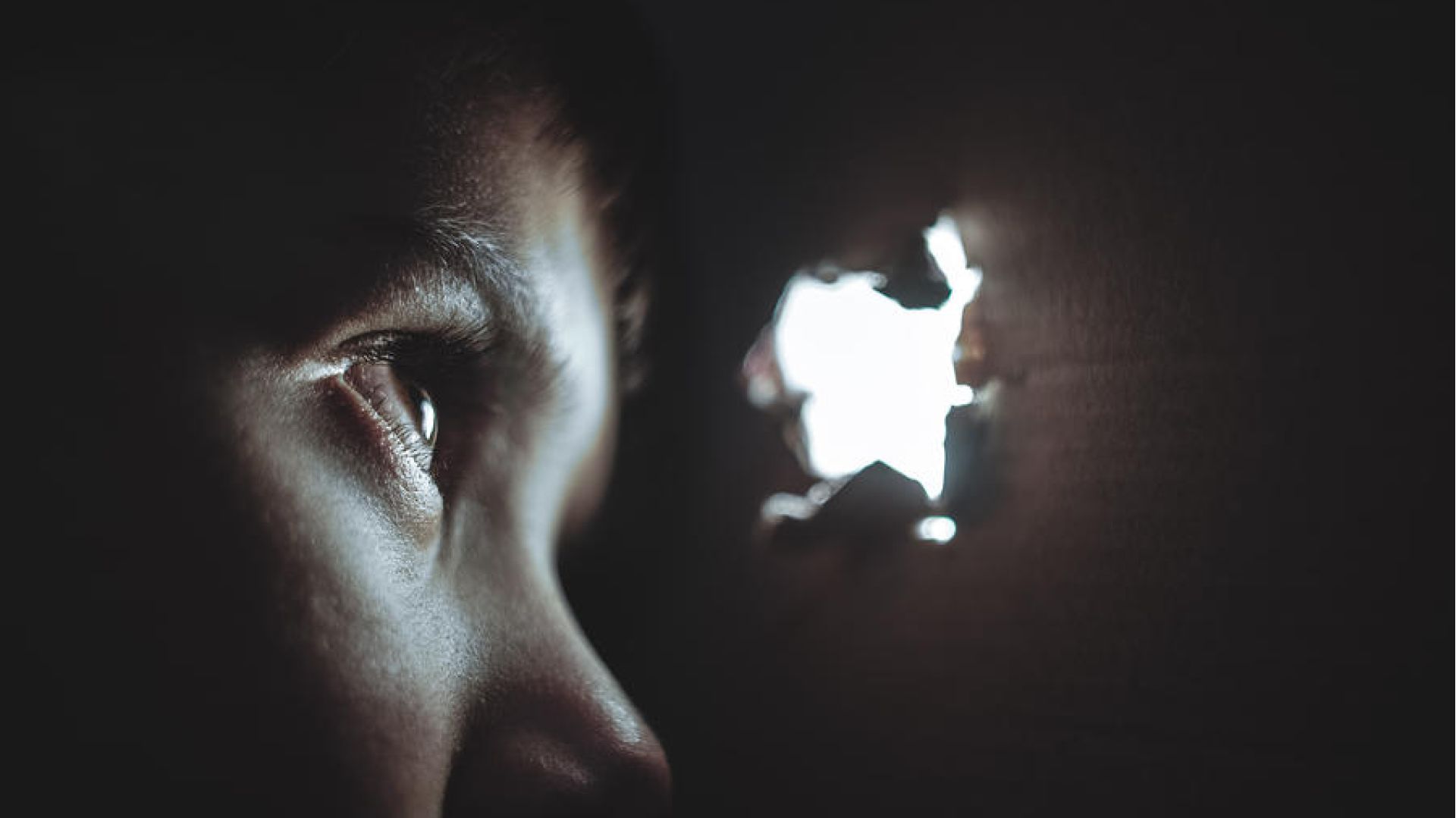
We Are Barabbas: Escaping The Consequences of Our Choices

Life is Hard. Business is Challenging. The World is Uncertain.
Leaders, freelancers, and entrepreneurs: Get stories & systems, for navigating the challenges, in your inbox.
Regarding insurrection and rebellion, Rome was aggressive about preventing and stopping them. Crucifixion was a deterrent to revolution against the Roman Empire. And they were ruthless in making this point.
Barabbas, the guilty insurrectionist, is who the religious leaders and the mob wanted to be released, instead of Jesus.
Without Jesus, this would have simply been another attempted revolution, among a long string of them. Instead, Jesus is flipping the world from being backward to forward (how it ought to be). He’s setting the stage for a new default.
Historian, Tom Holland, illuminates just how different that world was from our own.
“It was not just the extremes of callousness [of ancient Romans] that unsettle me, but the complete lack of any sense that the poor or the weak might have the slightest intrinsic value.
Why did I find this disturbing?
Because, in my morals and ethics, I was not a Spartan or a Roman at all. That my belief in God had faded over the course of my teenage years did not mean that I had ceased to be Christian.
For a millennium and more, the civilisation into which I had been born was Christendom. Assumptions that I had grown up with - about how a society should properly be organized, and the principles that it should uphold - were not bred of classical antiquity, still less of ‘human nature’, but very distinctively of that civilisation’s Christian past.
So profound has been the impact of Christianity on the development of Western civilisation that it has come to be hidden from view.
It is the incomplete revolutions which are remember; the fate of those which triumphs is to be taken for granted.” - Tom Holland, Dominion p16/17
Flipping the Script
The crowd choosing Barabbas, is also sentencing Jesus to death by crucifixion, the main aim of the religious leaders who want to destroy their enemy.
The gravity of this moment is powerfully captured by Karl Barth.
“His speech is almost exclusively that of silence and His work that of suffering…
...the accusation, condemnation and punishment to which it refers all fall on the very One on whom they ought to fall least of all, and not at all on those on whom they ought to fall.
The most forceful expression of this scandalous contrast is the Barabbas episode (Mk. 156-16) in which a murderer is in every respect acquitted instead of Jesus, and Jesus is condemned to be crucified in his place.” - Karl Barth, pp226, § 59. The Obedience of the Son of God
Jesus, innocent, receives the wrath of man. Barabas, guilty of his crimes, is set free.
Thus, we've entered into an upside-down world. But that is simply a teaser for how the world is about to be turned right side up after the crucifixion.
Justice is getting what we deserve. By God’s grace, we are Barabbas (whose name means son of the father). We escape what is due to us and are gifted with grace instead of punishment.
- We rebel and destroy. Jesus obeys and creates.
- Yet we get a second chance and Jesus gets suffering and death.
How will we contextualize and respond to this opportunity?
Escaping Consequences With a Scape Goat
During my teenage years, I was sleeping over at my cousin’s house with two other friends. My aunt was quite the enforcer of bedtime for our early wake-up call to go fishing the next day with my uncle. I got the clever idea that it would be utterly hilarious if when my uncle and cousin came into the room, we were all unexpectedly missing.
To accomplish this, I and my two friends would have to jam ourselves into the closet, cover-up, and close the doors as we slept that way through the night. Jamming both of my two loyal friends into the closet created a bunch of noise that summoned my aunt into the room. As soon as I heard the other room door handle turn, I quickly jumped onto the bed pretending to sleep. Unfortunately, my friends were practically trapped in the closet unable to escape or close the door before my aunt arrived. As she chastised them, I pretended to wake up and also join in on the chastisement of my friends questioning how they could do such a thing!
They were speechless! I was the guilty ringleader but my friends felt the wrath of my wrongdoing. I got away with it.
My participant friends were not entirely innocent but this story is a funny example of someone paying the price for another’s action.
It’s quite a contrast to the alternative, where we pay the price for our wrong actions.
Embracing Consequences
When we embrace justice, it implies that we embrace unpleasant consequences.
For many years, I got pulled over but didn’t get a ticket. The one time early on that I got a ticket, I was able to get out of the ticket by appealing it in court. I was guilty but the cop didn’t show up so I got to walk free. But at some point in my adult journey, I came to the point of wanting to pay for a ticket I got instead of finding a way out of the consequences.
The way of Barabbas, transferring our consequences to Jesus, is to escape our fate. The way of Jesus is to choose the way of the cross., responsibility not just for our lives but the lives of others. We’d prefer any other way but this way is the way Jesus directs us.
Jesus takes upon him, a cross that is ours to bear. This grace transforms us into the type of person who, like Jesus, will bear the cross of someone else.
Ultimately, Jesus pays the consequence of our insurrection towards him. And we get off without consequence if we embrace it. In that way, we're like Barabas.
So, how will we respond to this opportunity created by grace?


